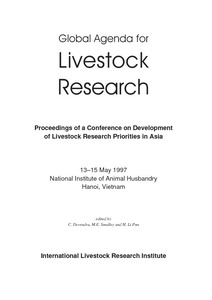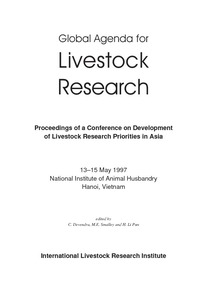Report on the Experience of Villagisation: Lessons from Ethiopia, Mozambique, and Tanzania
Work commissioned by Oxfam GB to learn lessons from the experiences of villagisation in Ethiopia, Mozambique and Tanzania to help policy makers in Rwanda, where villagisation is now official policy.






